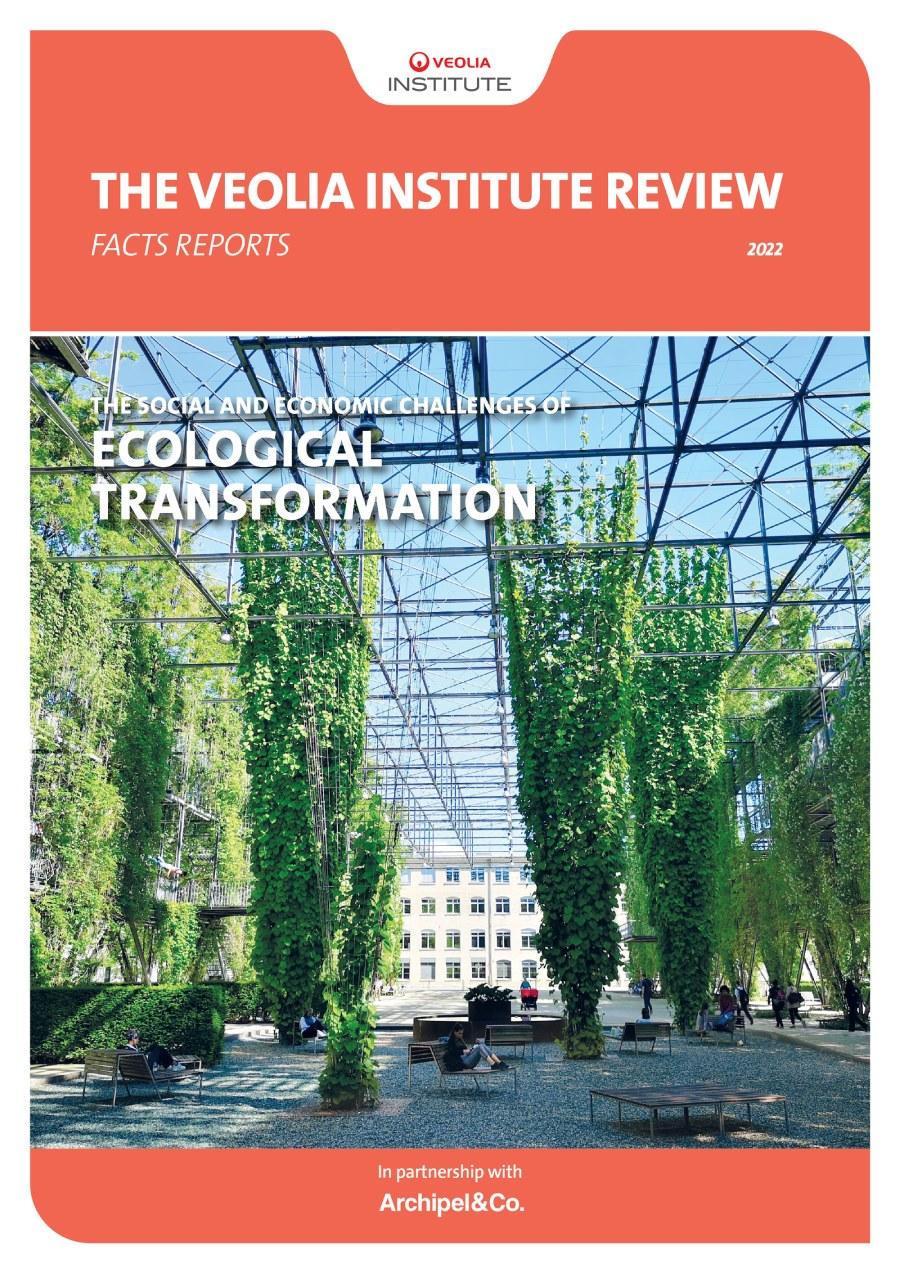Innovation has become an absolute necessity for companies in the modern world.
Innovation has already led to significant successes in ecological transformation, but it also has its limits and biases.
For true ecological transformation, it seems necessary to promote "right techs" and take into account criteria such as positive impact, affordability and speed of implementation of innovative solutions. It is also important to analyze the entire life cycle of solutions, to encourage "creative dissent" and to create ecosystems conducive to innovation.
This review explores new ways of putting innovation at the service of ecological transformation.
> An open access review:
Discover:
- The foreword of Philippe Kourilsky, Member of the Veolia Institute's Foresight Committee
- Introduction of Nicolas Renard, Executive Director of the Veolia Institute
In this issue, a reflection in three parts:
What is innovation for ecological transformation?
The nature of innovation is only one aspect of our understanding that should change in support of ecological transformation. We must also consider where innovation comes from, and what outcomes it supports for which people.
Implementing innovation for ecological transformation
Many examples illustrate the potential of human ingenuity to address the challenges we face, and the progress being made across all sectors. At the same time, there are also significant challenges to be overcome, not least how to rapidly scale and spread these innovations to meet the scale of the challenges we face.
Innovation levers for ecological transformation
Innovation relies on new ideas and innovators. But the success of innovation also depends on wider levers of change including economic, legal, and social factors.
The authors (in the order of the review's contents): Armand Hatchuel (MINES Paris-PSL), Franck Aggeri (MINES Paris-PSL), Jean-Paul Raillard (Fédération Envie), Olivier Gilbert (Paris 2024 Olympics and Paralympics), Saradindu Bhaduri (Jawaharlal Nehru University), Mahima Sukhdev, Snehal Bhosale, Anupam Ravi and Aromi Salot (GIST Impact), Dr. Dayna Baumeister and Nicole Miller (Biomimicry 3.8), Luise Fischer, Francesca Rizzo, Adriana O’Phelan, Anthony Zacharzewski, Andrea Gabaldon Moreno and Carla Rodríguez Alonso (NetZeroCities), Anna Rosa Rylander and Signe Ryborg (Urban Rigger), Catherine Ricou (Veolia), Henri Boyé (Energy and water
consultant), Ellen Martin and Amandine Joy (Circulate Capital), Arnoud De Meyer (Singapore Management University), Scott Bryan (Imagine H2O), Andrea Bina and Simon Cooper (UNDP), Andreas Schleicher (OECD), Doreen Ankrah, Jamie Bristow, Daniel Hires and Jan Artem Henriksson (Inner Development Goals), Renée Lertzman (Psychological advisor), Emmanuelle Aoustin (Seedlings), Cécile Renouard (Campus de la Transition).


